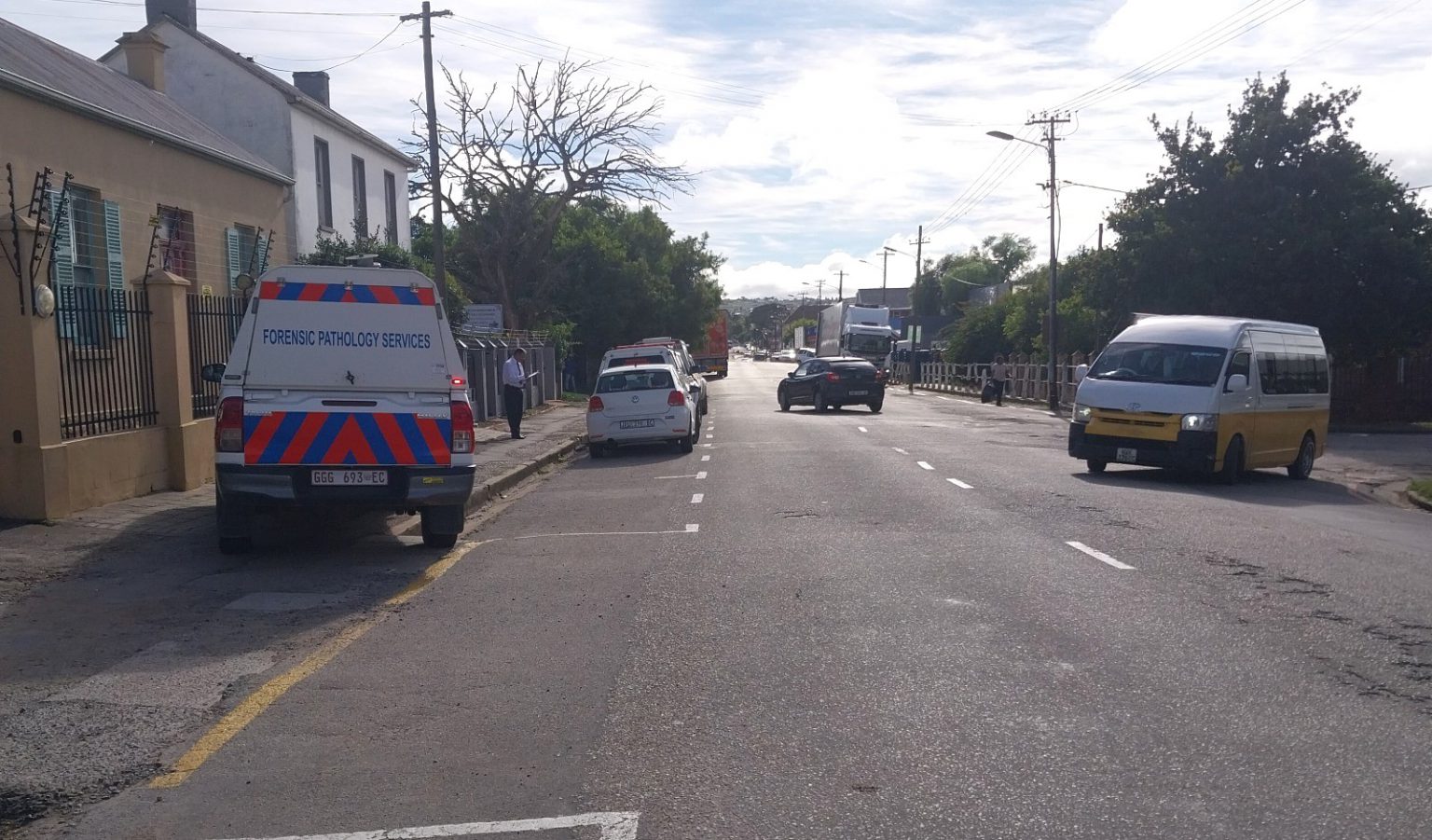By Luvuyo Mjekula
Many factors could lead a mother to do the unthinkable – abandon or harm her newborn baby.
She could be suffering from “the baby blues” or postpartum depression.
According to social worker and founder of Eyam Consultancy in Makhanda, Nomonde Stamper, bringing and raising a child is a mutual commitment between the mother and the father. It involves two mature, stable and financially secure adults as well as lots of planning before the child is born.
“But when this does not happen, everything falls apart,” she warns.
She says in some instances, the teenager, child or adult was sexually violated, and that led to a pregnancy, a situation that is beyond her control. She would then find herself alone with no one to talk to for fear of being judged.
Stamper says some mothers would have planned the baby, but due to many other factors – a difficult pregnancy, health risk, complications, post traumas, and lots of emotions from excitement to sadness and anxieties, they are overwhelmed by fear.
There is also lack of sleep, a crying baby, and the significant change of having a new person in your life that you are responsible for.
“These are all what we call the baby blues,” she says.
“It cuts across all ages and has no culture, race or gender. I am saying no gender because we often ignore the feelings expressed by daddies post-birth or even when they find out that their partner is pregnant.
“It takes two to tango, and the father’s feelings, too, need to be taken seriously as they sometimes have a huge influence on the decisions often taken by the mothers mentioned above.
“Some mothers are pressured by their partners to harm the baby as they feel they are not ready to take responsibility. Some daddies commit suicide due to that. These areas are under-reported.”
Stamper explains that baby blues should not last long, but when these symptoms get worse without being attended to, they lead to what is called postpartum depression, which later becomes psychosis.
The symptoms of postpartum depression include excessive crying, difficulty bonding with your baby, withdrawing from family and friends, loss of appetite or eating much more than usual and an inability to sleep, sleeping too much, loss of energy, irritability and anger, fear that you are not a good mother, feelings of shame, guilt or inadequacy, panic attacks, feeling very distant from people, thoughts of harming yourself or your baby.
Stamper says all of these are regarded as factors that are “very overwhelming, leading to a rollercoaster of emotions experienced by mothers post-birth”.
Earlier this week, Grocott’s Mail reported that the body of a newborn baby was found stuffed in a plastic bag on an African Street pavement.
Police confirmed the incident.
“Police can confirm that they opened an inquest docket after a carguard found the body of a newborn baby inside a plastic bag in Makhanda. It is alleged that on Monday morning, 18 March 2024, around 07:30, a carguard was busy cleaning in African Street when he stumbled across the body of a newborn baby stashed inside a plastic bag and contacted the police,” said spokesperson, Warrant Officer Majola Nkohli.
He added: “There is a possibility of additional criminal charges at the later stage of the investigation.”
The story received a lot of feedback on social media, with an overwhelming majority strongly condemning the unknown culprit.
“If you don’t want the baby, why not give it up for adoption? I mean, there are so many people who would have appreciated that life,” commented Wanda Makeleni.
Tim Stones asked: “Does Makhanda not have those baby “postboxes” where desperate moms can leave their babies, knowing they are safe and an alarm goes off alerting someone to rapidly fetch the baby and take it to safety?”
Another reader, Siziwe Khalatha, commented: “It could be depression…”
Stamper says there are various ways in which family members can help these mothers. They can get the father involved from the onset until the baby is born. They should not judge them and instead offer support as soon as they are aware of the pregnancy and illness symptoms. The family can also help get them someone to talk to.
Treatment can range from getting support from loved ones, visiting the doctor, clinic or other healthcare facilities, visit social welfare agencies and psychologists; the doctor will put you into a medical treatment plan, which includes anti-depressants, medication, counselling and group therapy.
Stamper says more awareness and educational programmes in schools and communities are needed and should start at primary level. “That’s where most cases are found.”
She pointed out the need for centres for abandoned children, specifically babies, are needed in society.


